Benefiber vs. Metamucil: Which Is the Best Choice?
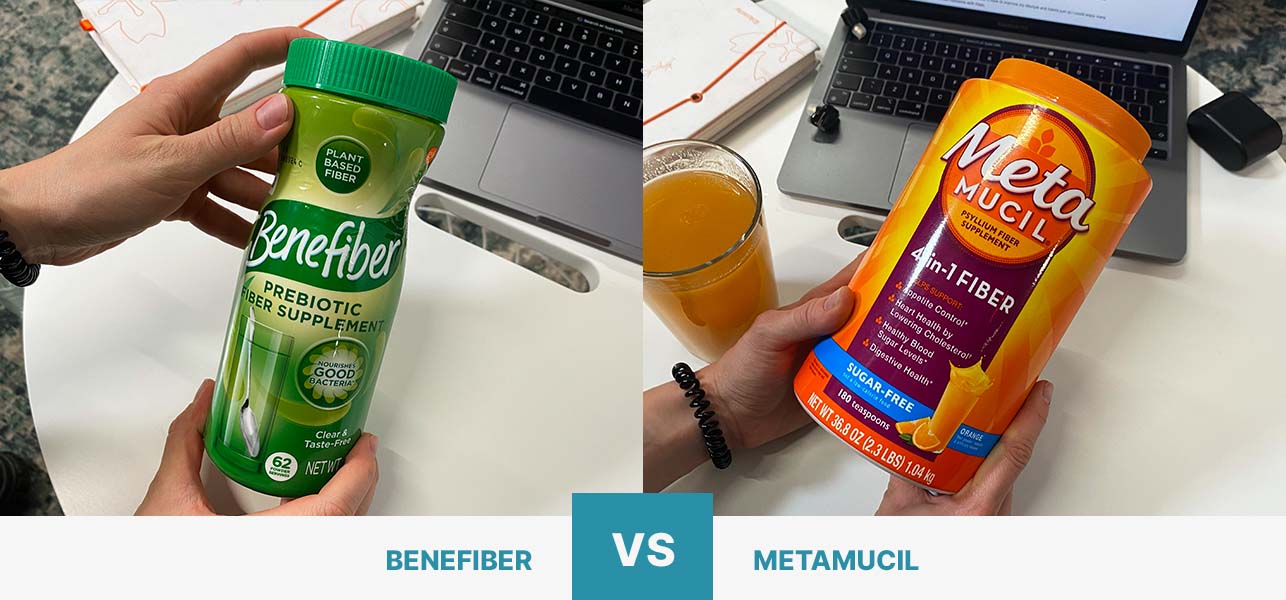
How do we vet brands and products? Learn more.
Benefiber and Metamucil are both fiber supplements, but which is the best choice? We’ve taken a close look at how each one works, what ingredients they use, and how they affect your digestive health in this review.
Digestive health is incredibly important for other aspects of your health, and getting enough fiber is one of the easiest ways to improve gut health. While you can get enough fiber from your diet, some people also take a dietary fiber supplement to increase their intake and boost their gut health.
In this article, we’re going to take a look at two fiber supplements on the market today: Benefiber and Metamucil. In our Benefiber vs. Metamucil review, we’ve looked at the health benefits of these fiber supplements, how they support digestive health, and which you should choose. Take a look to find out more.
Quick Review
| Benefiber | Metamucil 4-in-1 | |
| Active ingredient | Wheat dextrin | Psyllium husk powder |
| Dose | Two teaspoons dissolved in 4–8oz of liquid up to 3 times a day | 1–2 teaspoons dissolved in 4–8oz of liquid up to 3 times a day |
| Benefits | Relieves constipation | Relieves constipation, might lower cholesterol levels |
| Possible side effects | Stomach cramping, bloating, gas | Stomach cramping, bloating, gas |
| Price | From $12.44 | From $15.48 |
Summary
Below, we’ve summarized both fiber supplements to help you get a better understanding of them.
Benefiber
Benefiber is a prebiotic supplement made using wheat dextrin to support better digestive health and nourish the beneficial bacteria in your gut. It comes in both powder form and chewable capsules, making it a practical solution to a low-fiber diet.
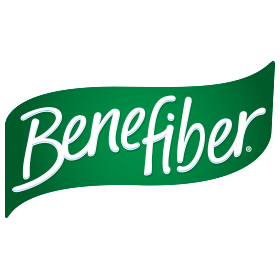
- Maintains a healthy gut
- Balances gut microbiome
- Ensures you get the required daily fiber intake
Metamucil
Metamucil is a psyllium husk powder fiber supplement that can be used to improve your daily fiber intake, as well as for relief from constipation and other digestive symptoms. These fiber supplements are thought to reduce bloating, lower cholesterol, and help the body to regulate blood sugar better.

- Reduces digestive symptoms
- Could lower cholesterol
- May help to regulate blood sugar
What Is Benefiber?
A plant-based and natural prebiotic fiber, Benefiber is designed to boost digestive health and balance the gut flora to reduce digestive symptoms. Prebiotic fiber is known to have a positive effect on gut flora.
Benefiber comes in different formats. It can be bought as a powder and used in cooking and baking, as well as added to hot beverages and water. It can also be found in a chewable format for daily use.
This fiber supplement is made using wheat dextrin, which is a wheat starch found in nature. It is known to regulate better digestive health, regulate blood glucose levels, and lower blood lipid levels, including cholesterol. There is also some thought that it may prevent gastrointestinal problems and cardiovascular disease.
How does Benefiber work?
Wheat dextrin, the main ingredient in Benefiber, is the active ingredient in the product. Fiber is an essential nutrient for digestive tract health, and this soluble fiber helps to improve regularity, softens stool, and improves overall health.
Soluble fiber absorbs water, which helps to soften stools and allows them to pass more easily. It also takes up space in the stomach, helping to improve satiety and feelings of fullness. This can help you lose weight and reduce your appetite.
Taking these soluble fiber supplements is thought to help your gut bacteria to flourish and remain balanced, and it is recommended that you take them daily to reap the health benefits of this fiber.
What Is Metamucil?
Metamucil powder is a fiber supplement that offers users many benefits. It is thought to improve cholesterol, promote healthy blood sugar levels, and keep your digestive tract in good overall health.
It is made using psyllium husk powder, which is a natural, soluble fiber found in many bulk-forming laxative products, like Metamucil powder. A bulk-forming laxative is often used by those experiencing constipation or irregular bowel movements as it promotes softer, bulkier stools that are easier to pass.
Metamucil can be used for bouts of constipation as well as for your daily intake of fiber.
How does Metamucil work?
The Metamucil product works in a few ways. To begin with, the soluble fiber content absorbs water, adding bulk to stools and softening them. This promotes regularity and makes stool easier to pass through your colon, reducing the risk of constipation.
Psyllium husk, the active ingredient in Metamucil, is also a source of prebiotic fiber. The gut needs prebiotics to feed the probiotics in the digestive system. It keeps the gut microbiome balanced and reduces the risk of digestive discomfort, like bloating.
Lastly, there is some evidence that consuming soluble fiber can increase weight loss. This is because fiber cannot be digested by the body and passes through the digestive tract intact. It takes up space in the stomach, causing you to feel fuller for longer, reducing your appetite, and improving the overall health of your gut.
Benefiber vs. Metamucil Key Ingredients
Below, we’ve summarized the key ingredients of Benefiber and Metamucil to show you how they promote a healthier digestive system.
Benefiber ingredients
The active ingredient in Benefiber is wheat dextrin, but other ingredients are used to create these fiber supplements too. See how they work together to improve the health of the gut below.
#1 Wheat dextrin
Wheat dextrin is a form of wheat starch found in nature. It is a soluble form of fiber that improves digestive health and is easily added to many commercial products. It is known to help reduce cholesterol levels, reduce body fat, and promote immune function. It may also support better mineral absorption.
Wheat dextrin makes this supplement unsuitable for people with celiac disease.
Metamucil ingredients
The main differences between the ingredients in Benefiber and Metamucil are the active ingredients. Below, we’ve summarized the ingredients in Metamucil.
#1 Psyllium husk
Made from the seeds of the Plantago ovata plant, psyllium husk is known as a bulk-forming laxative and has been used for centuries to treat bouts of constipation and other digestive issues.
It works by soaking up water and helping form bulkier and softer stools. These can pass through the bowel much more easily and support regularity, reducing the risk of constipation and other digestive discomforts.
Additionally, psyllium husk is a prebiotic fiber. This means it feeds the bacteria in the gut, helping restore balance and supporting a healthier overall digestive system. Good gut health can be linked to many other aspects of good health, which is why introducing fiber supplements to your diet can support better health.
#2 Citric acid
Citric acid is commonly found in dietary supplements to preserve the ingredients and enhance the flavor. It may also help boost mineral absorption, helping your body get the most out of OTC fiber supplements.
#3 Aspartame
Aspartame is an artificial sweetener that both Benefiber and Metamucil contain. There is controversy surrounding this sweetener, with some people believing it may have a negative effect on health.
Benefiber vs. Metamucil Benefits
Both Benefiber and Metamucil add fiber to your diet, supporting better gut health and promoting regular bowel movements. They can also prevent and relieve constipation, diarrhea, and bloating.
This is because soluble fibers are not absorbed by the body and instead slow the absorption of glucose into the bloodstream, preventing a spike. This effect makes fiber supplements beneficial for people with diabetes.
Additionally, Benefiber and Metamucil contain soluble forms of fiber, which have been shown to improve cholesterol levels. Particularly LDL cholesterol levels, which is known as the bad kind of cholesterol.
Where both Benefiber and Metamucil fall behind other fiber therapy supplements is their ability to support weight loss. While some people have found these supplements help with weight loss, there is no actual evidence that they work.
If you’re taking fiber supplements designed for weight loss and they’re not working, you could try looking at the ColonBroom supplement, which can not only support weight loss but will reduce cravings and curb your appetite too.
Benefiber vs. Metamucil Side Effects
Whatever fiber supplements you’re taking, whether oral and chewable tablets or powders, they’re likely to have some side effects. Introducing a higher fiber intake to your body can cause some digestive symptoms, like bloating and constipation in the initial stages. If these symptoms persist, stop taking the supplement.
On rare occasions, some people find they have an allergic reaction to supplements. Symptoms of an allergic reaction include hives, itchy and watery eyes, runny nose, difficulty breathing, racing heartbeat, and loss of consciousness. If you experience any of these symptoms, it is imperative that you seek immediate medical attention.
Cost Comparison
Below, we’ve summarized the cost of both supplements.
Cost of Benefiber
Benefiber can be found in a range of sizes, from 38 to 190 serving containers. For an 8.7oz container, Benefiber ranges from $12.99 to $15.99, depending on where you buy it.
Cost of Metamucil
As with Benefiber, you can buy Metamucil in a range of different retail stores, so prices vary. Metamucil can cost anywhere between $15.00 to $30.00, depending on where you buy it.
FAQs
Generally, it is safe to take Metamucil before bed. However, some users have reported difficulty sleeping after taking the product before bed. If you suffer from sleep problems, we recommend taking it a few hours before bed instead.
All fiber supplements can cause constipation, particularly in the first few days of taking them. However, these symptoms tend to ease. If you are suffering constipation brought on by fiber supplements, you may be getting too much fiber in your diet and should cease use.
Yes, Metamucil is made of a soluble form of fiber called psyllium husk. This is a naturally occurring fiber and is used in many bulk-forming laxative products.
Comparison Table
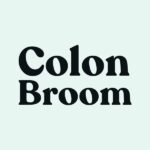

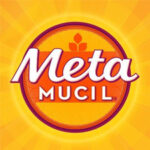

Natural form of fiber
Improves digestive health
Eases constipation
Easy to use
Maintains a healthy gut
Balances gut microbiome
Ensures you get the required daily fiber intake
Reduces digestive symptoms
Could lower cholesterol
May help to regulate blood sugar
One-a-day constipation relief
Easy on the body




Natural form of fiber
Improves digestive health
Eases constipation
Easy to use
Maintains a healthy gut
Balances gut microbiome
Ensures you get the required daily fiber intake
Reduces digestive symptoms
Could lower cholesterol
May help to regulate blood sugar
One-a-day constipation relief
Easy on the body
How We Tested
We review lots of different products for our readers, and we want to make sure our readers are using quality products. We rate each of the products we review in four categories. These are quality, effectiveness, price, and brand reputation. See below to find out what each of these means.
Quality
Both Benefiber and Metamucil use relatively good quality ingredients. The fibers that they use are found in many products and come from natural sources. Health products always need to be of good quality to ensure they’re not harming your health instead of supporting it.
Effectiveness
The fibers found in dietary products are used in plenty of supplements, and much research has found that they at least support a healthy digestive system. Other purported benefits of the products may need further research, but they will offer you healthier digestion.
Price
We believe that good health should be accessible to everyone, and so when we review products, we always assess whether they are worth the asking price. Both Benefiber and Metamucil are reasonably priced and affordable for most people.
Brand reputation
Benefiber and Metamucil are household names when it comes to fiber supplements. The better the brand reputation, the more likely it is that you can trust them. Many people trust both of these products.
A Word From a Nutritionist
Fiber supplements are an excellent way of getting more fiber in your diet. Fiber is an important macronutrient for your health. In fact, it’s possibly one of the most important. Getting enough fiber can support better digestion, blood sugar regulation, and even an improvement in cholesterol levels.
While fiber supplements are a good idea for some people, most can get their required fiber intake from eating high-fiber foods each day. Fiber-rich foods include whole grains, like barley and whole wheat, fruits, like plums and pears, and vegetables. Getting your fiber from the source, like with fiber-rich foods, is always the best choice.
If you choose to add a supplement to your diet, then ensure it is of good quality and supports better overall health. You may notice some side effects when you begin taking it, including bloating and constipation, but these usually subside after your body gets used to the increased intake of fiber.
Conclusion
Benefiber and Metamucil are both popular fiber supplements, but while they’re effective products, we think the ColonBroom product is the best. This product offers all the digestive benefits that the other products do while also helping to curb your appetite, reduce your caloric intake, and promote better overall health.




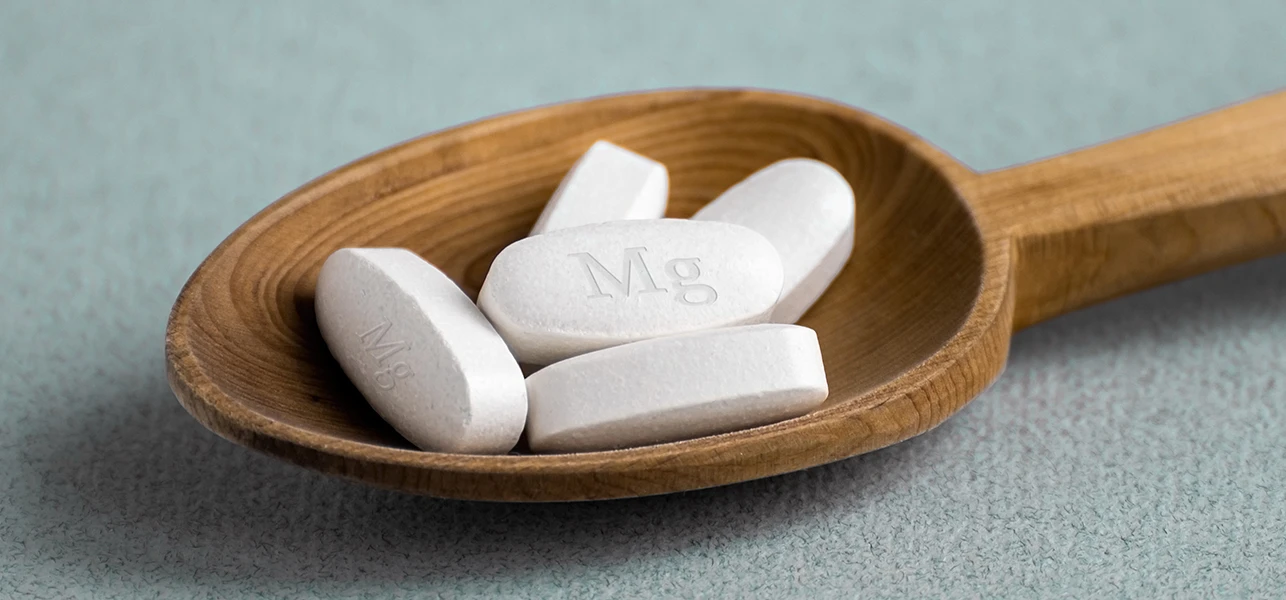

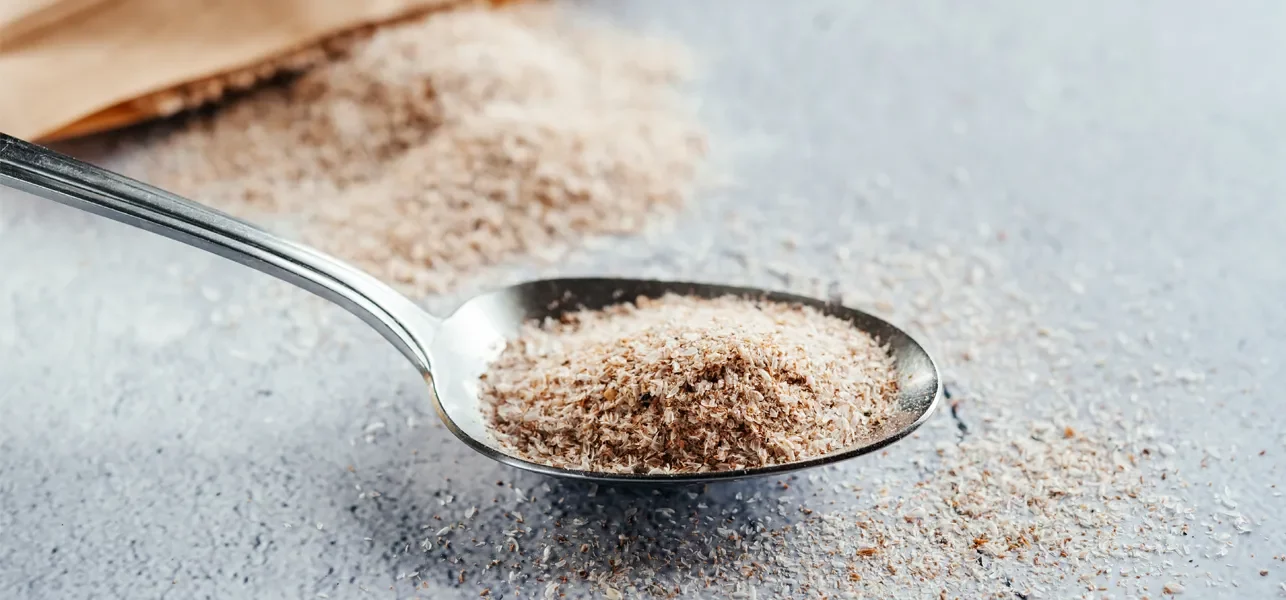
Comments (0)